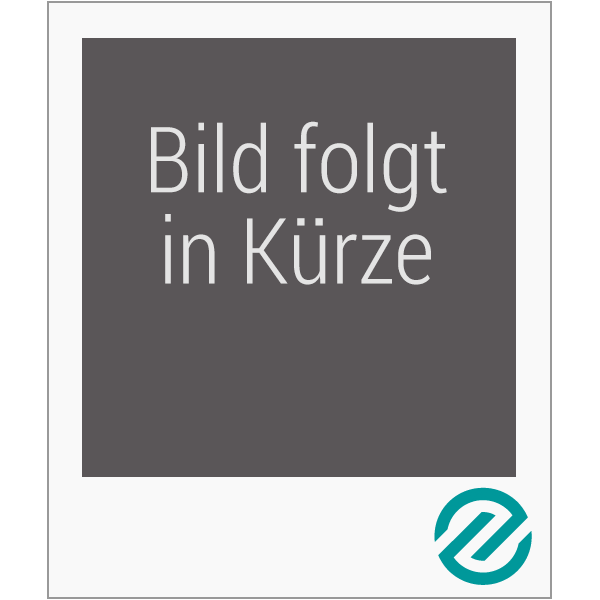As witnessed by a tremendous upsurge in medieval research, academic meetings, innovative interpretive approaches, enrolment numbers, and public interest, Medieval Studies are proving once again to be a vibrant field of investigations both inside and outside of academia. Nevertheless, there is a tendency among colleagues and administrators in the field of Germanistik/German Studies to exclude the earlier period as an exotic and irrelevant subject matter. The contributors to this volume, all of whom teach at North American universities, make a strong case for the paradigmatic function of medieval German literature for the general field of Germanistik, and argue that many of the most recent changes in our discipline related to the German Studies paradigm have been foreshadowed by Medieval Studies where interdisciplinarity, comparative approaches, the consideration of Mentalitätsgeschichte, theology, history, art history, even gender studies, and the history of everyday life have often constituted the conditio sine qua non. Some of the authors in this volume argue for the relevance of medieval German literature by investigating concrete cases taken from the Middle Ages, others show how modern German literature has been deeply influenced by medieval texts. The purpose of this volume is not to privilege medieval literature over modern literature, but instead to reclaim the premodern period as an important and relevant field of investigation within contemporary German Studies.
Inhaltsverzeichnis: 1 Konzeption der Studie. 2 Methodologische Überlegungen zur Untersuchung der Sprachentwicklung. 3 Von der Theorie zu den Instrumenten. 4 Entwicklung der Lernersyntax. 5 Entwicklung der Lernermorphologie. 6 Validität der schriftlichen Operationalisierungen. 7 Lernersyntax und Subjekt-Verb-Kongruenz bei den mündlichen Daten. 8 Schlußfolgerungen. Literaturverzeichnis.
Inhaltsverzeichnis: 1 Konzeption der Studie. 2 Methodologische Überlegungen zur Untersuchung der Sprachentwicklung. 3 Von der Theorie zu den Instrumenten. 4 Entwicklung der Lernersyntax. 5 Entwicklung der Lernermorphologie. 6 Validität der schriftlichen Operationalisierungen. 7 Lernersyntax und Subjekt-Verb-Kongruenz bei den mündlichen Daten. 8 Schlußfolgerungen. Literaturverzeichnis.
